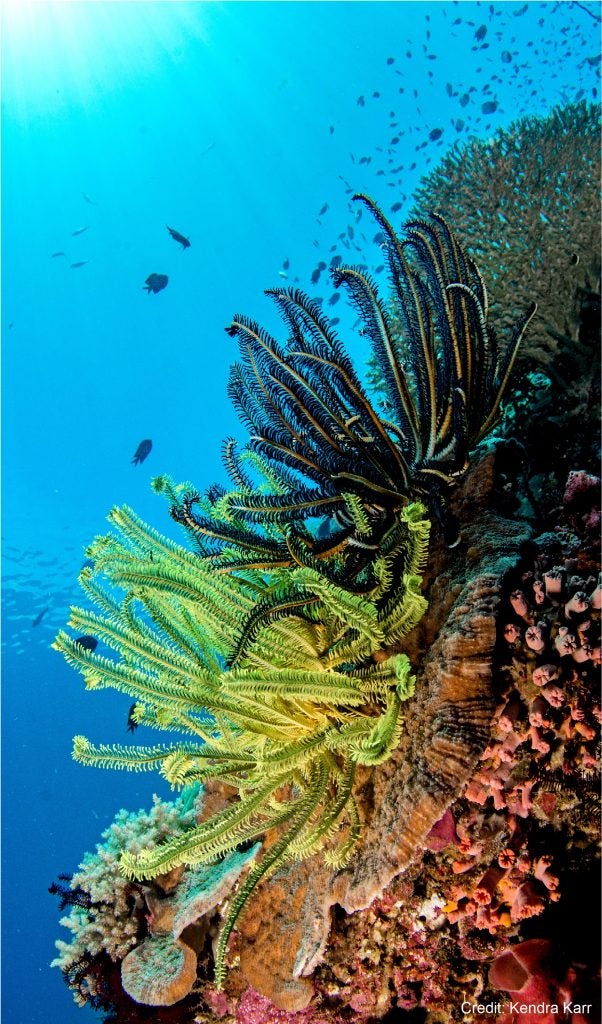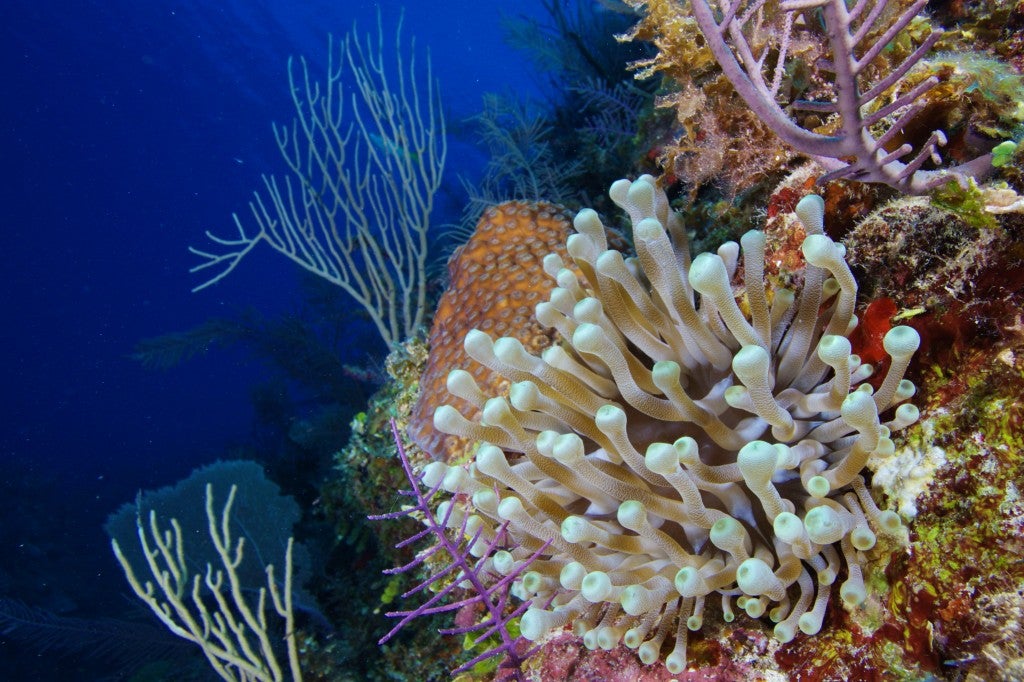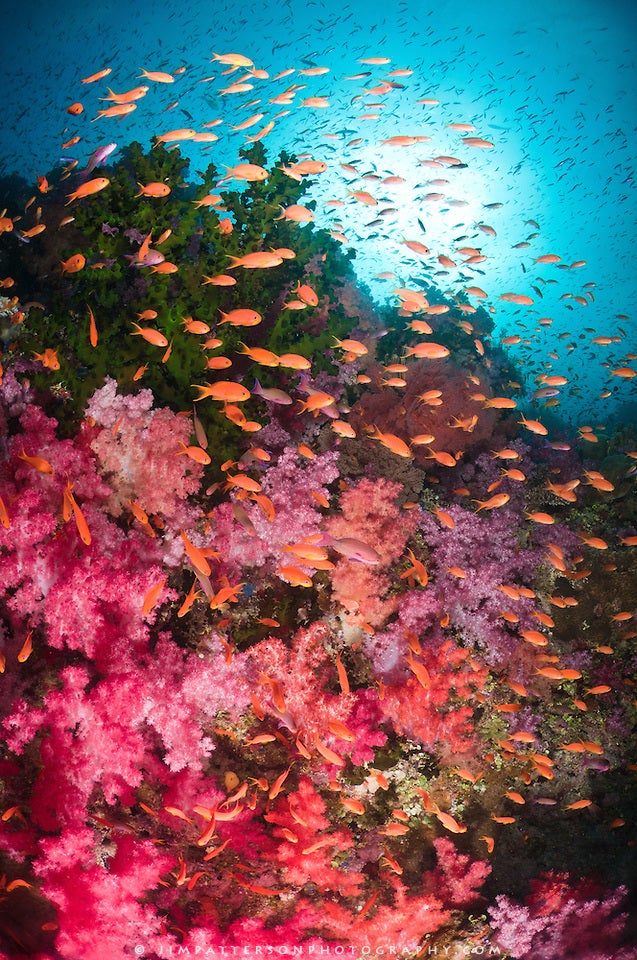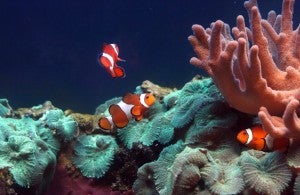 A tragedy is unfolding on the Great Barrier Reef, the largest living organism on the planet. The non-Hollywood ending is a surprise to many, but it was clearly foreshadowed decades ago by a small group of scientists who were criticized as false prophets of doom and dismissed.
A tragedy is unfolding on the Great Barrier Reef, the largest living organism on the planet. The non-Hollywood ending is a surprise to many, but it was clearly foreshadowed decades ago by a small group of scientists who were criticized as false prophets of doom and dismissed.
Large sections of the reef are dead. The reef has been remarkably resilient over the last 8000 years, weathering devastating outbreaks of voracious crown-of-thorns starfish, pollution, fishing and coral bleaching. The establishment of the Great Barrier Reef Marine Park Authority no doubt contributed to that resilience, reducing impacts from some of these threats, especially land-based pollution and fishing pressure. Recent research by EDF and others shows that managing fisheries is crucial for maintaining healthy coral reefs. Read More












